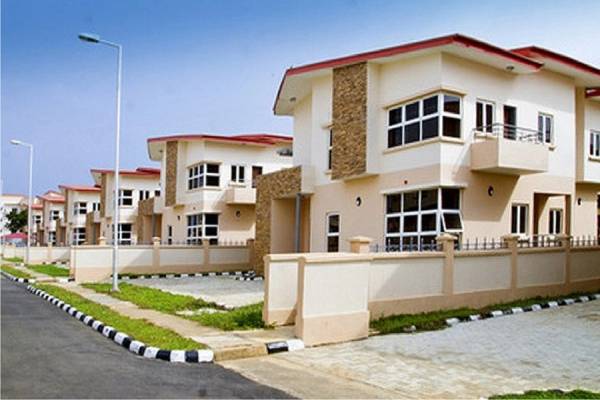The Nigerian luxury real estate market is getting a significant boost from increasing number of wealthy individuals, who are seeking to own multiple homes and new portfolios.
The luxury residential market increased last year as a result of the impact of the COVID-19 pandemic, as many in the working class saw the need for better homes with access to facilities that encourage Work From Homes policies.
According to reports, Port Harcourt, Abuja and Lagos recorded an increase in sale prices between 10 per cent to 12 per cent across the prime neighbourhoods in these cities.
However, the fall of the Naira relative to the dollar has also made purchase of houses more affordable for those in the diaspora, leading to an increase in demand, with its upward effect on the price of the residential units.
Meanwhile, in spite of Federal Government’s mantra of ‘promoting ease of doing business,’ the high cost of doing business, inefficient processes and procedures, and a litany of extortions at Nigeria’s seaports have made the nation’s gateway uncompetitive, resulting to an immense frustrations for business operators and huge revenue losses for all stakeholders.
Though a number of administrations have introduced reforms at various times over the years, the cost of doing shipping business at the ports, particularly in Lagos, has remained high with no sign of relief in sight.





